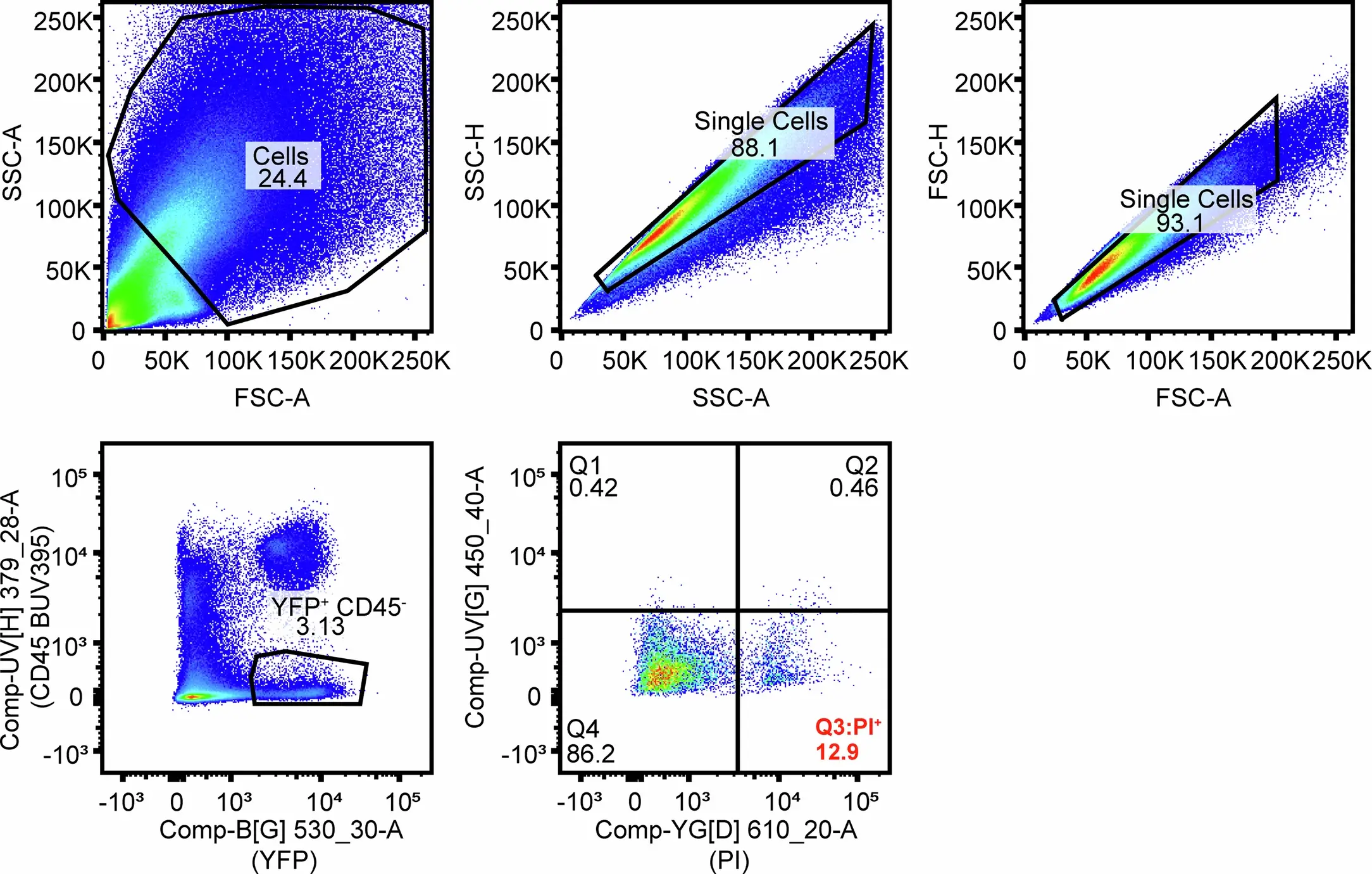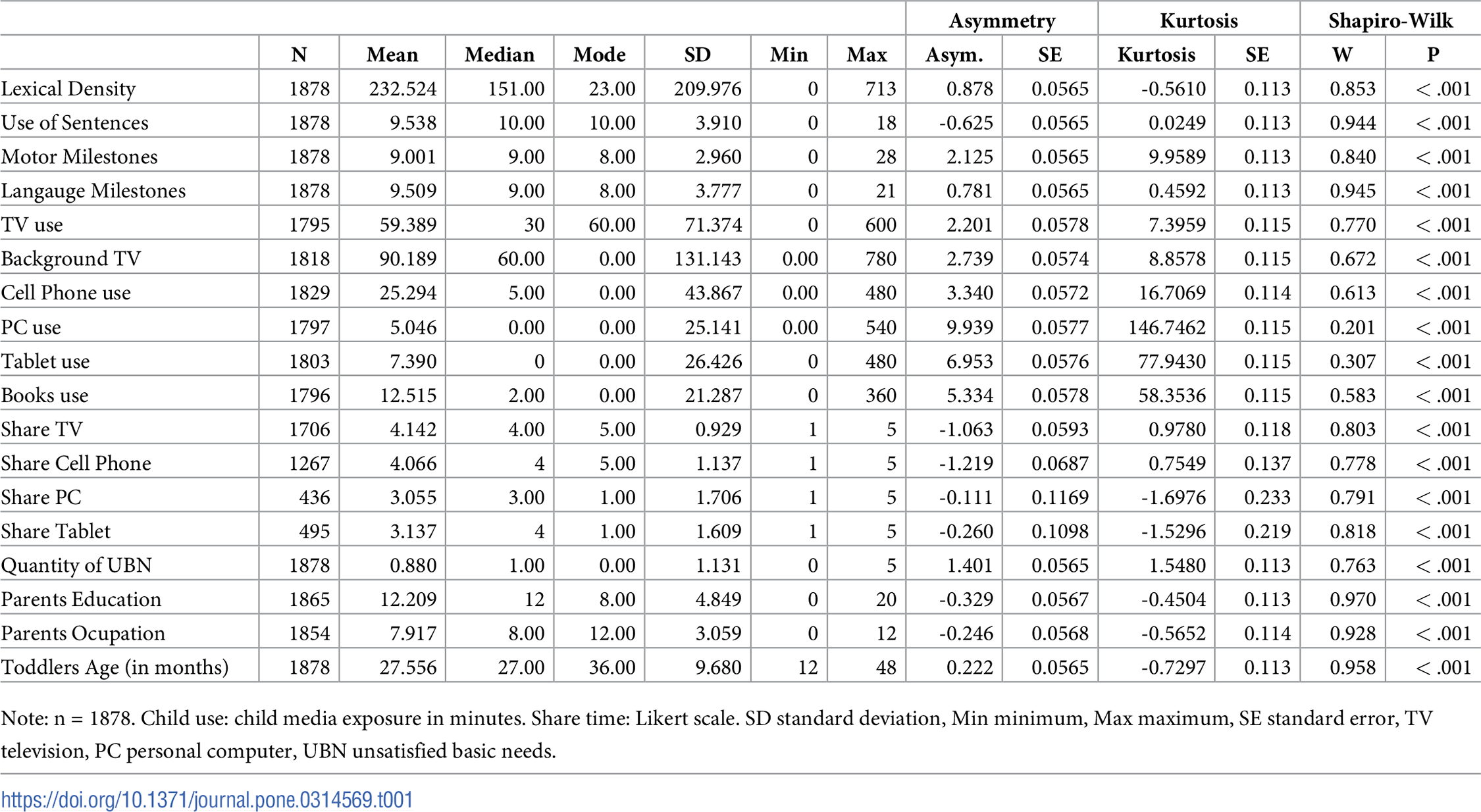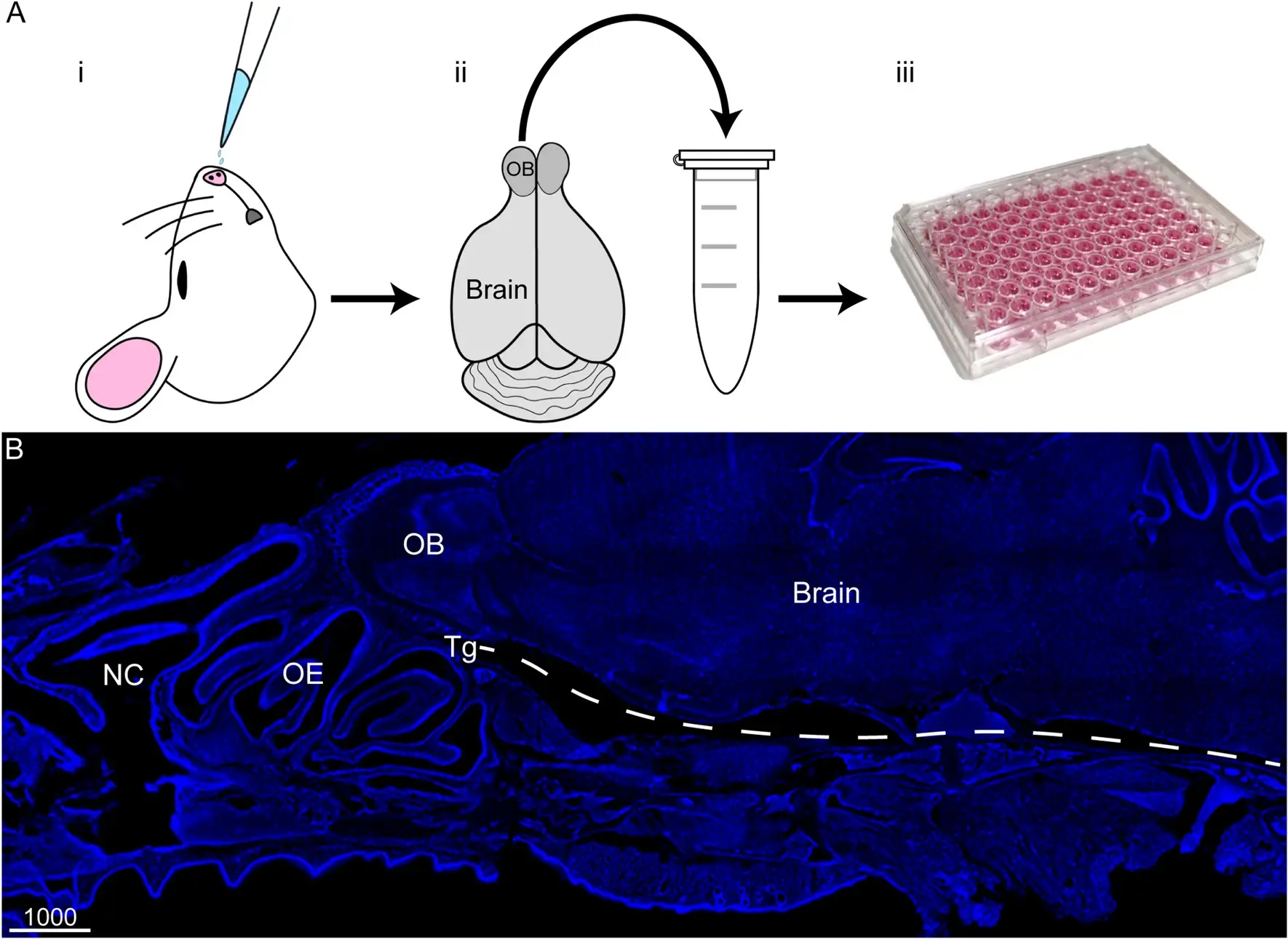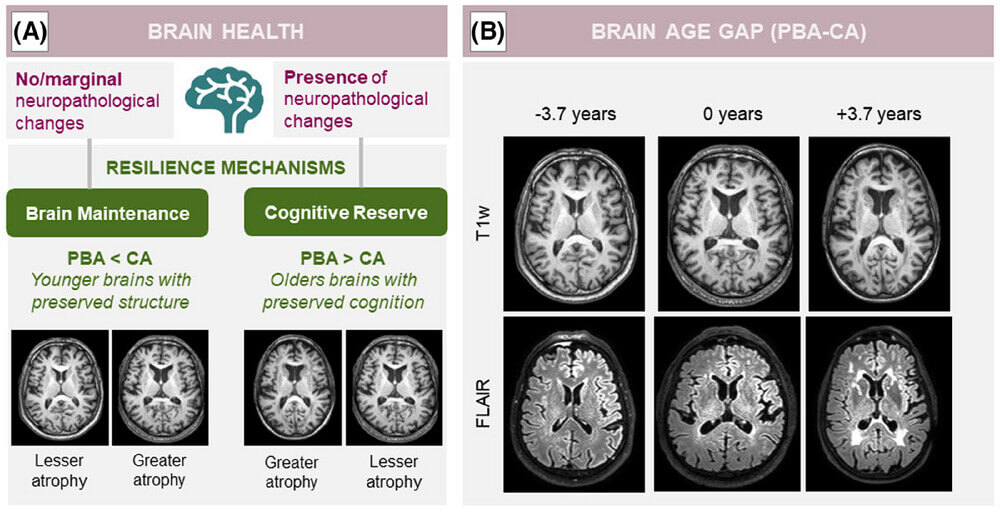
The effectiveness of chemotherapy in treating tumors may not be solely dependent on the medication itself but also on the timing of its administration relative to a patient’s oestrous cycle. A recent study has uncovered how different stages of the oestrous cycle can significantly influence chemotherapy sensitivity, potentially paving the way for more personalized cancer treatments.
In this groundbreaking study, researchers examined the effects of the oestrous cycle—a recurring reproductive cycle in female mice that shares similarities with the human menstrual cycle—on the sensitivity of mammary tumors to chemotherapy. The research reveals that the stage of this cycle at which chemotherapy is administered can drastically alter its effectiveness, with some stages showing heightened sensitivity to the treatment while others exhibit resistance.
The study utilized mouse models, focusing on the hormonal fluctuations that occur during the oestrous cycle and how these changes affect tumor growth and treatment response. Findings indicate that administering chemotherapy during the oestrus stage, when hormone levels potentially create a more receptive environment, resulted in a more robust response compared to the dioestrus stage, where resistance to treatment was observed.
The implications of these findings are profound. Understanding the connection between hormonal cycles and chemotherapy effectiveness could lead to more effective treatment schedules that align with a patient’s biological rhythms. This approach, known as chronotherapy, is already being explored in various medical treatments, but its application in chemotherapy for cancer represents a significant step forward.
Furthermore, the study suggests that hormone levels, specifically progesterone variations during the cycle, could be crucial in determining chemotherapy’s success. By identifying which phase of the cycle offers the most significant benefits for chemotherapy administration, healthcare providers could enhance treatment outcomes and reduce unnecessary side effects.
The researchers emphasize the potential clinical applications of these findings, especially in premenopausal women who make up a significant portion of breast cancer patients. Tailoring chemotherapy schedules to align with their menstrual cycles could increase the effectiveness of the treatment and improve overall prognosis.
As research progresses, the hope is that these insights will translate into better, more personalized cancer treatment strategies that take into account the biological rhythms of patients. This could revolutionize how chemotherapy is administered, making it more effective and less taxing on the body.
This study highlights a crucial intersection between endocrinology and oncology, suggesting that the timing of treatments might be just as important as the treatments themselves, offering a new avenue in the battle against cancer.
Related Posts
Reference
This research was published in nature.








